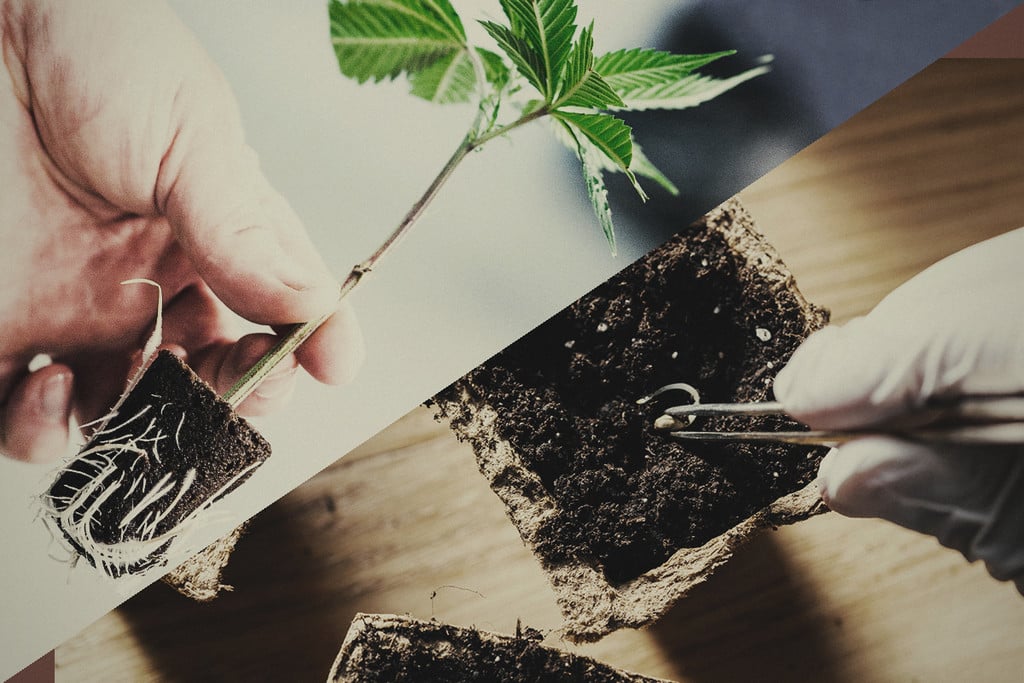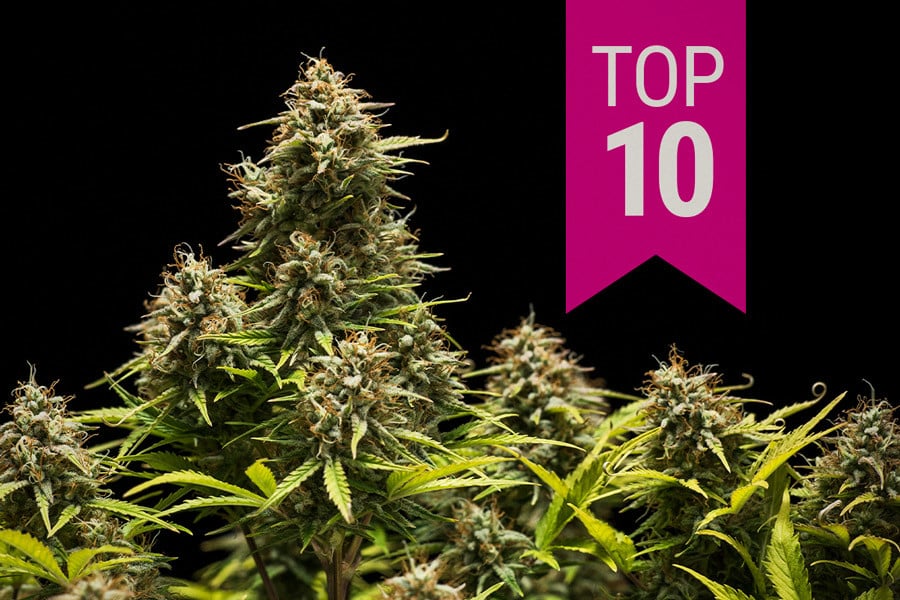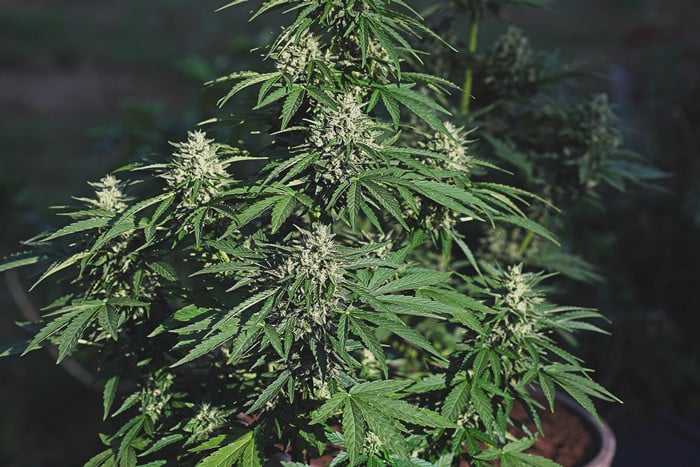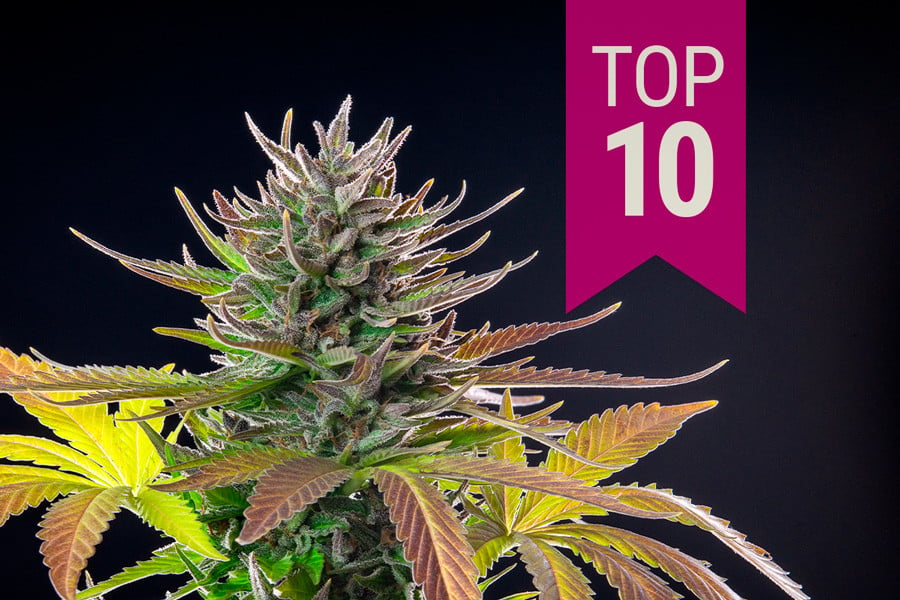.

What is the Difference Between Cannabis Indica and Sativa?
Indica and sativa cannabis have some crucial differences. Read on for an in-depth look at indica vs. sativa varieties, and how you can tell them apart.
To those in the cannabis community, the indica vs. sativa discussion seems never-ending. But what do genetics really tell us about a cannabis plant's physical traits, effects, and flavours?
Contents:
UNDERSTANDING CANNABIS TAXONOMY
To better understand the differences between indica and sativa, it helps to first take a more general look at the taxonomy of cannabis.
Cannabis was first classified by Carl Linnaeus in the 1750s. Linnaeus believed the genus to be monotypic (containing only one species), which he named Cannabis sativa L. Linnaeus, a Swedish botanist, made this classification by working with hemp plants, which were widely cultivated across Europe at the time.
In 1785, French naturalist Jean-Baptiste Lamarck published a description of another species of cannabis, which differed from Linnaeus’ variety. Lamarck called this species Cannabis indica Lam., noting that it produced significantly poorer fibres, but worked better as an inebriant. His description was based on plants he had collected in India.
In the 20th century, Russian botanist D. E. Janichevsky identified a third variety of cannabis growing natively in Russia, which we now know as Cannabis ruderalis. In the 1970s, taxonomists and botanists once again tried to figure out how to best classify the cannabis plant.
While there’s still some discussion surrounding the proper taxonomy of indica, sativa, and ruderalis, scientists believe that there are enough notable differences between the cannabis varieties to warrant their recognition as three separate species. For the purpose of this article, we’ll only focus on indica and sativa varieties.
WHAT ARE THE DIFFERENCES BETWEEN INDICA AND SATIVA?
The most obvious differences between indica and sativa are in their physical traits. American botanist Richard E. Schultes and a team of researchers describe sativa and indica as follows:
- Sativa: Tall and laxly branched with narrow leaves
- Indica: Shorter with a conical shape and wider leaves
The stark differences between indica and sativa can be explained by looking at their geographic origins. Below, we’ll take a closer look at the many differences between sativa and indica.

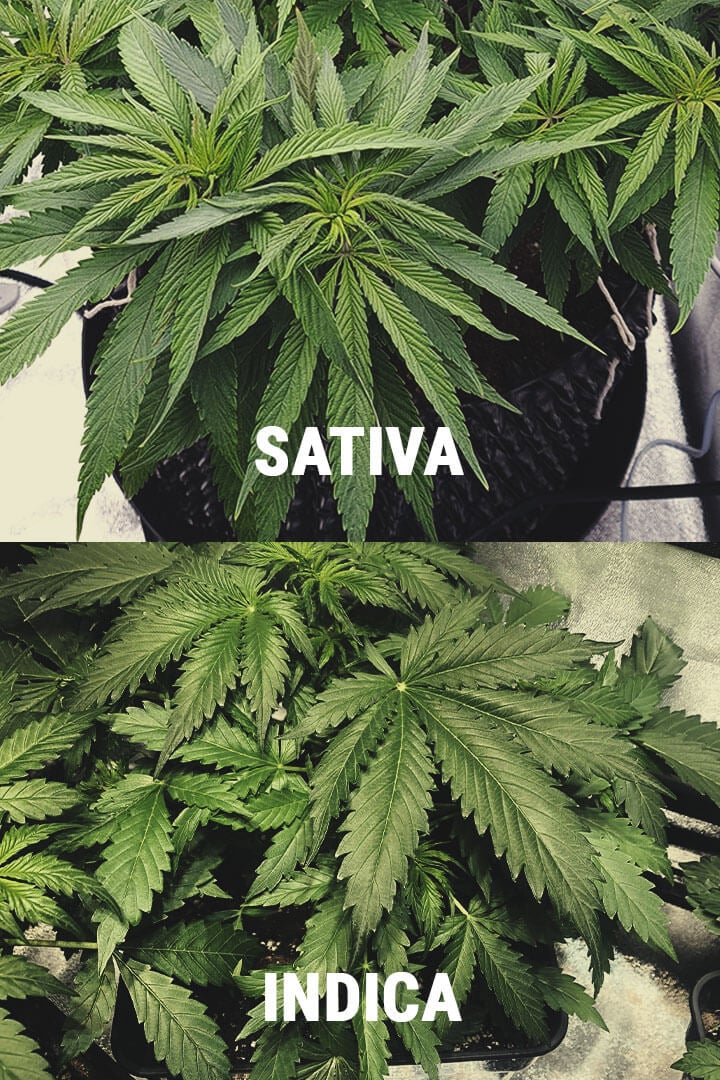
CANNABIS SATIVA
Cannabis sativa is native to warmer, tropical climates and can be found growing naturally in Thailand, Vietnam, Colombia, Mexico, and even parts of Africa.
In order to deal with the long, hot, and humid summers, sativa plants adapted by growing tall, with larger internodal spacing, wispy buds, and narrower leaves. This naturally helps the plants stay protected against the high humidity in these areas and threats like mould or pests.
Because sativa plants tend to be taller, they are typically better suited for outdoor growing. They do particularly well in warm, tropical climates with long summers.
GROWTH DIFFERENCE: THE FLOWERING STRETCH
Indica and sativa plants tend to display drastically different growth rates and patterns. However, these distinctions don’t become very apparent until the beginning of the flowering stage.
Whereas indica plants shift their growth rate up a gear, gaining some height and forming a dense, bushy canopy, sativa plants undergo some serious stretching. The change in light cycle triggers a hormonal cascade that causes them to shoot upwards towards the light. In some cases, this phenomenon (called "The Flowering Stretch") can cause plants to double in size. When planted deep in the ground or in large containers, sativas can grow to 3m and beyond.
CANNABIS INDICA
Indica plants, on the other hand, are native to colder, dryer, mountainous regions like those in Nepal, India, and other areas of the Indian subcontinent where summers are colder and shorter. To deal with these conditions, Cannabis indica developed shorter flowering times and denser foliage and buds.
Thanks to their smaller stature and shorter flowering phase, indica plants are perfectly suited for indoor cultivation. They can easily be manipulated using training techniques and tend to produce nice, thick buds with a lot of “bag appeal”. Thanks to their flowering speed, indica plants also allow some growers to produce multiple harvests over a shorter amount of time
DISTINGUISHING INDICA FROM SATIVA
Botanical records dating back to the 18th century detail the visual differences between the two cannabis subtypes. These morphological distinctions appear across each subtype’s anatomy, from the leaves to the flowers.
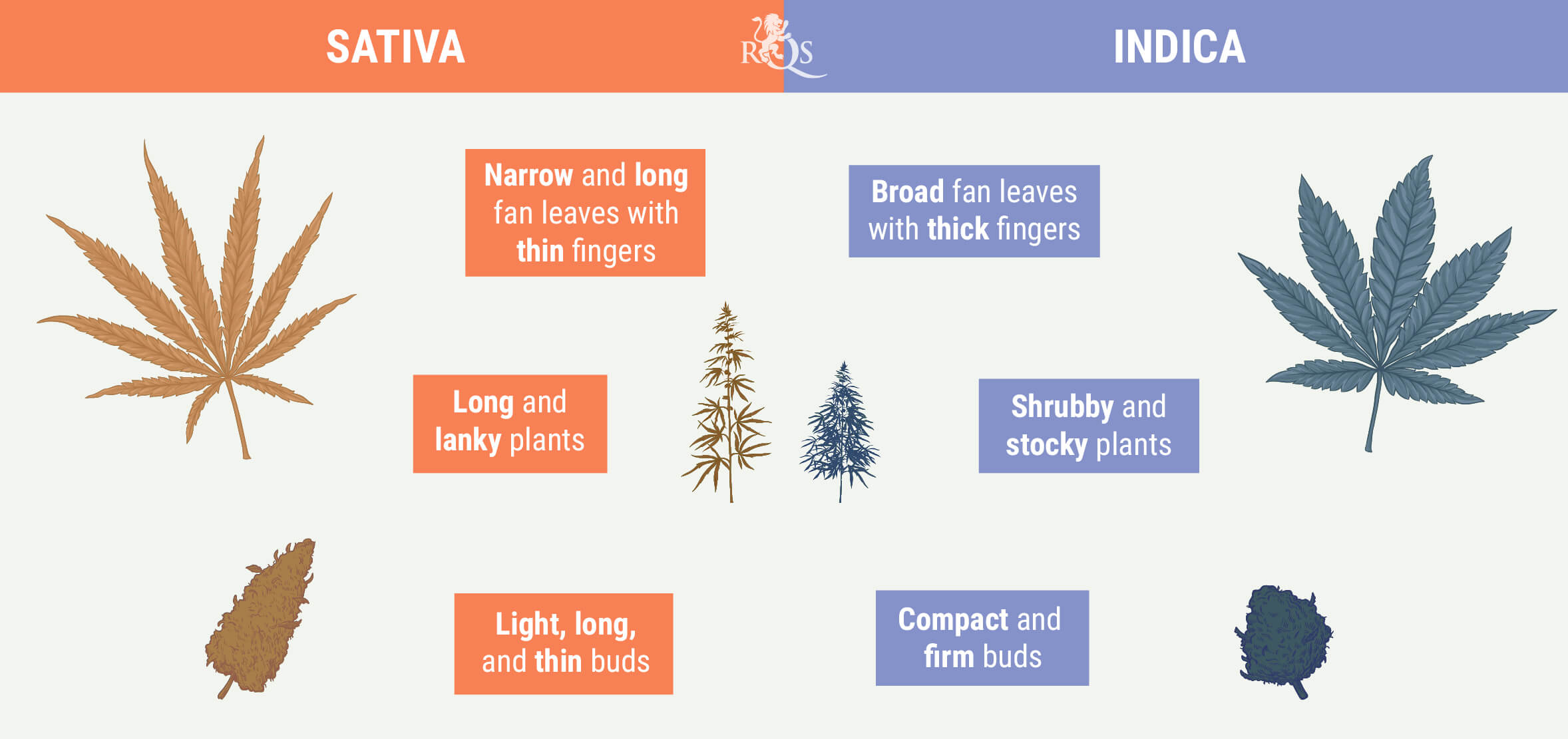
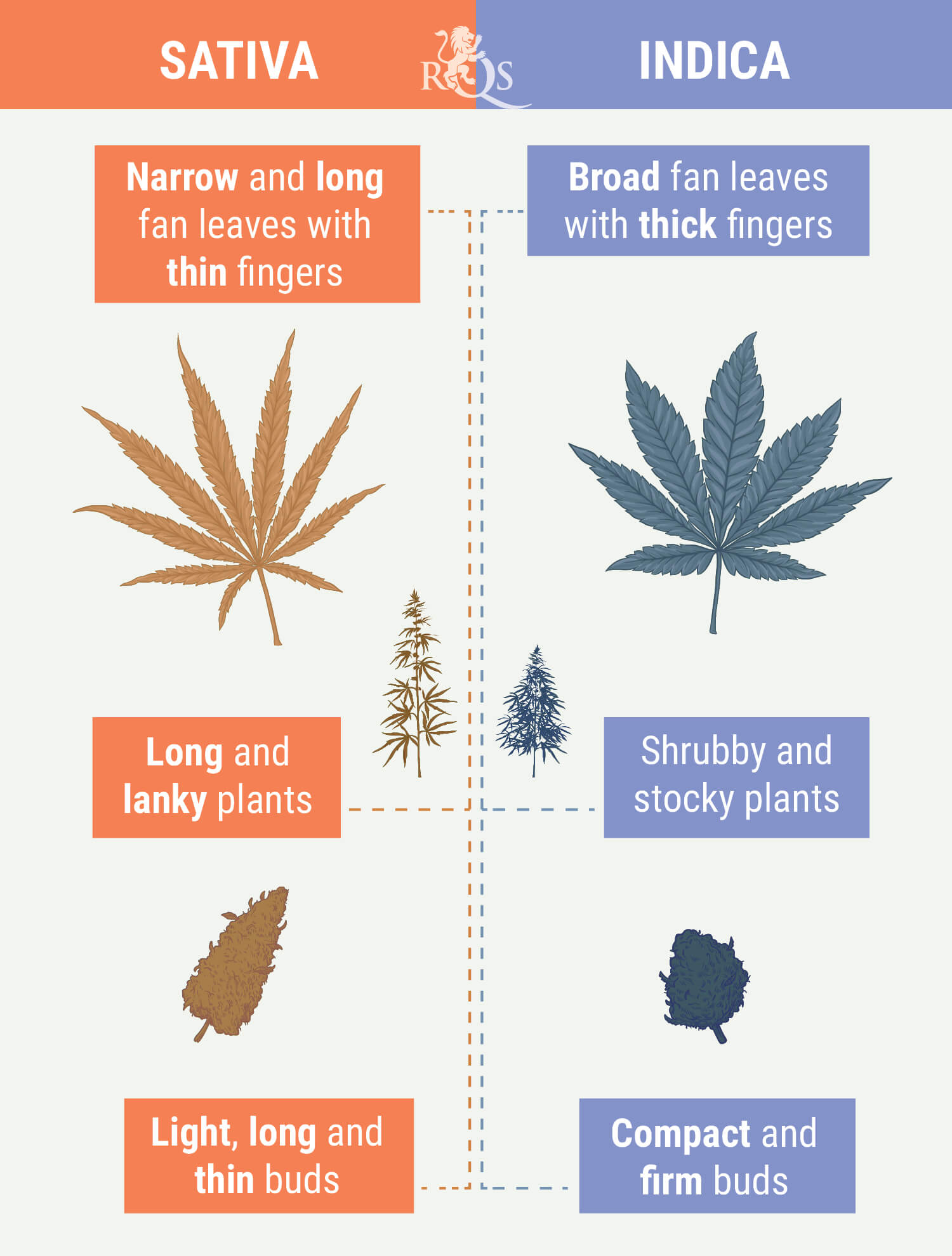
LEAF DIFFERENCES
The leaves provide one of the easiest points of distinction. Indica plants possess broader fan leaves with thicker fingers, whereas sativas produce more narrow and longer fan leaves with thinner fingers.
Taking a step backwards, many cultivators can tell the difference between the two based on stature alone. Indica plants are more shrubby and stocky, whereas sativa varieties are longer, lankier, and with more space between nodes.
FLOWERS DENSITY
The two subtypes also produce flowers with distinct characteristics, although it takes a trained eye to determine sativa from indica when it comes to manicured buds. Not to mention, most modern strains are hybrids of both subtypes, making it nearly impossible to determine the dominant subtype by viewing the flower alone.
Generally speaking, sativa buds are lighter, longer, thinner, and fluffier. Chances are, a bag of sativa buds will look as though it contains much more material due to the lack of density. Conversely, indica buds are typically much more compact and firm.
AROMA AND TASTE
Indica and sativa plants produce notable differences in effects, but it takes a true cannabis connoisseur to tell them apart from taste alone. Aromatic phytochemicals known as terpenes underpin the vibrant taste and smell of weed, and each strain contains different ratios of these molecules.
Pure sativa and indica plants feature unique terpene profiles that experienced smokers could tell apart. Indica buds offer sweeter, richer tastes of honey and fruit, whereas sativa plants produce more earthy and fuel-like flavours.
DO INDICA AND SATIVA PRODUCE DIFFERENT EFFECTS?
Besides their morphological differences, the cannabis community also tells sativa and indica strains apart based on their effects. In fact, almost the entire cannabis community agrees that sativa strains are uplifting and energising, while indica strains are powerfully sedative.
But where did this consensus come from? Are the effects of sativa and indica weed really so different? Well, some experts say there is no basis for using the terms indica and sativa to describe the effects of cannabis.
In 2016, the journal Cannabis and Cannabinoid Research published an interview with Dr. Ethan Russo, Director of Research and Development at the International Cannabis and Cannabinoids Institute (ICCI). In this interview[1], Russo says, “it's impossible for terms like indica and sativa to really give us any idea of the chemicals in a particular plant and, therefore, the effects it will produce”.
In a print edition of High Times, Rev. Dr. Kymron deCesare, Chief Research Officer at Steep Hill Laboratory in California, made a similar argument. He claims that indica and sativa can’t tell us much more about a plant than its physical characteristics.
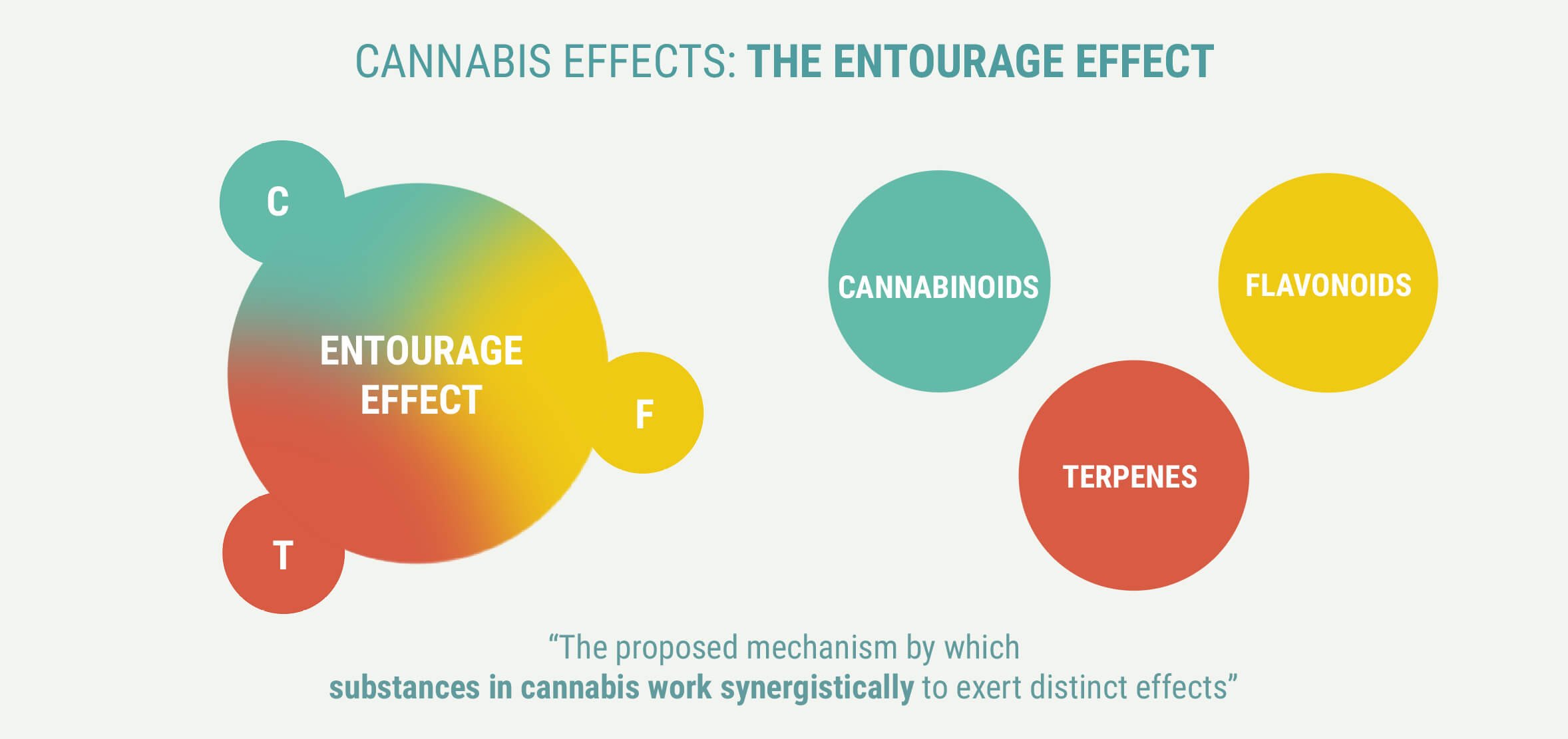

CUSTOM BLENDS OF INDICA AND SATIVA
Most of the cannabis varieties you’ll find on the market today are hybrids with both sativa and indica genetics. Our expert breeders at Royal Queen Seeds, for example, use specialised breeding techniques to produce strains with unique traits such as shorter flowering times, specific flavours, and more.
Besides the physical differences between indica and sativa, some research also suggests that the two varieties may contain different concentrations of terpenes, which could be another factor in why they produce different effects. For example, some sources pin the characteristic sedative quality of "heavy indica" cannabis strains on a high concentration of myrcene.
Myrcene is a terpene found in many plants, including hops, thyme, lemongrass, mango, cardamom, and, of course, cannabis. It’s said to give off an earthy, slightly peppery smell, and, in high concentrations, is thought to give some cannabis strains that uniquely sleepy effect.
Besides looking at individual compounds like terpenes and cannabinoids, it’s also important to consider how these compounds might interact with each other and thereby alter our experience with cannabis. The potential of the chemical constituents in cannabis to interact with each other is what the world’s foremost cannabis researchers refer to as “the entourage effect”.
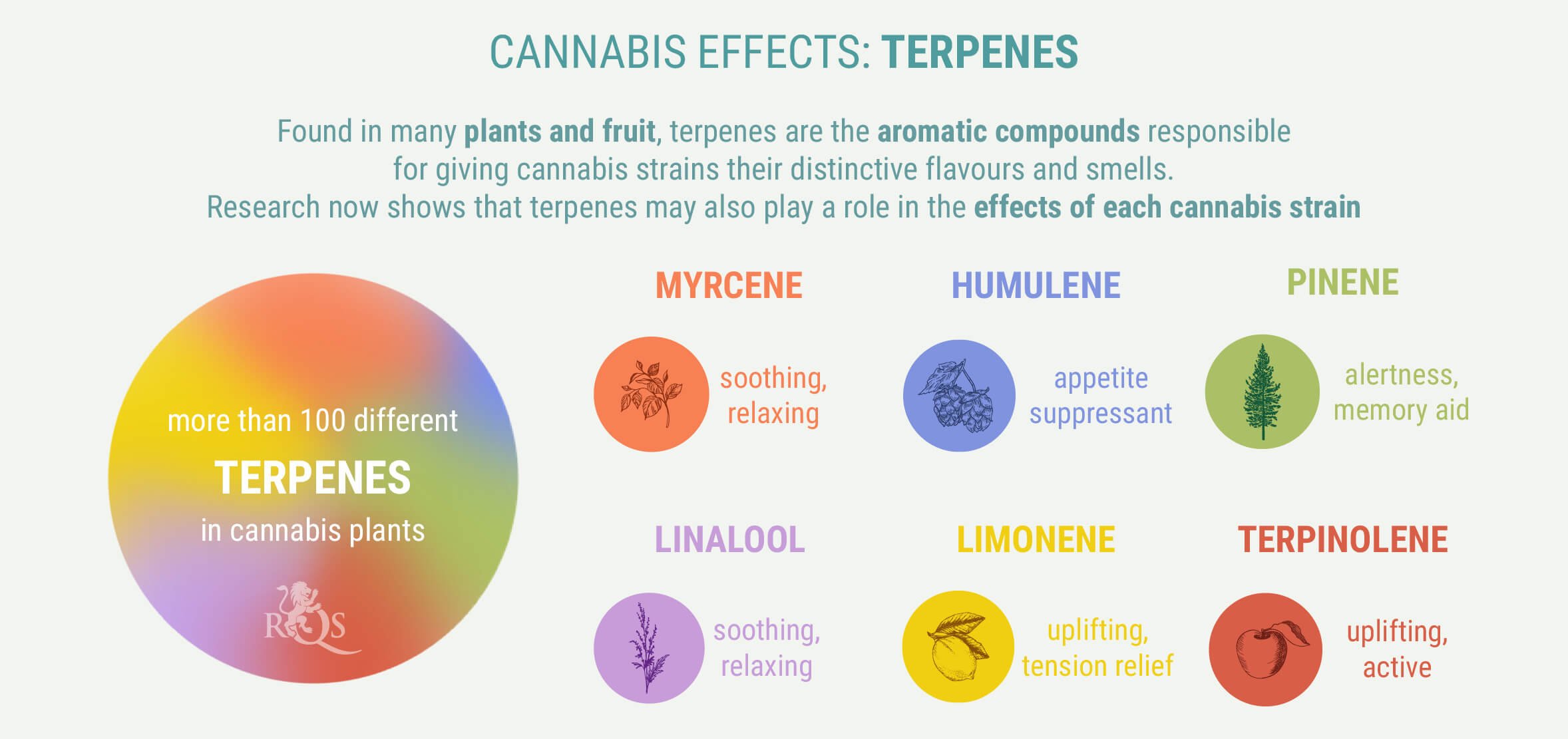
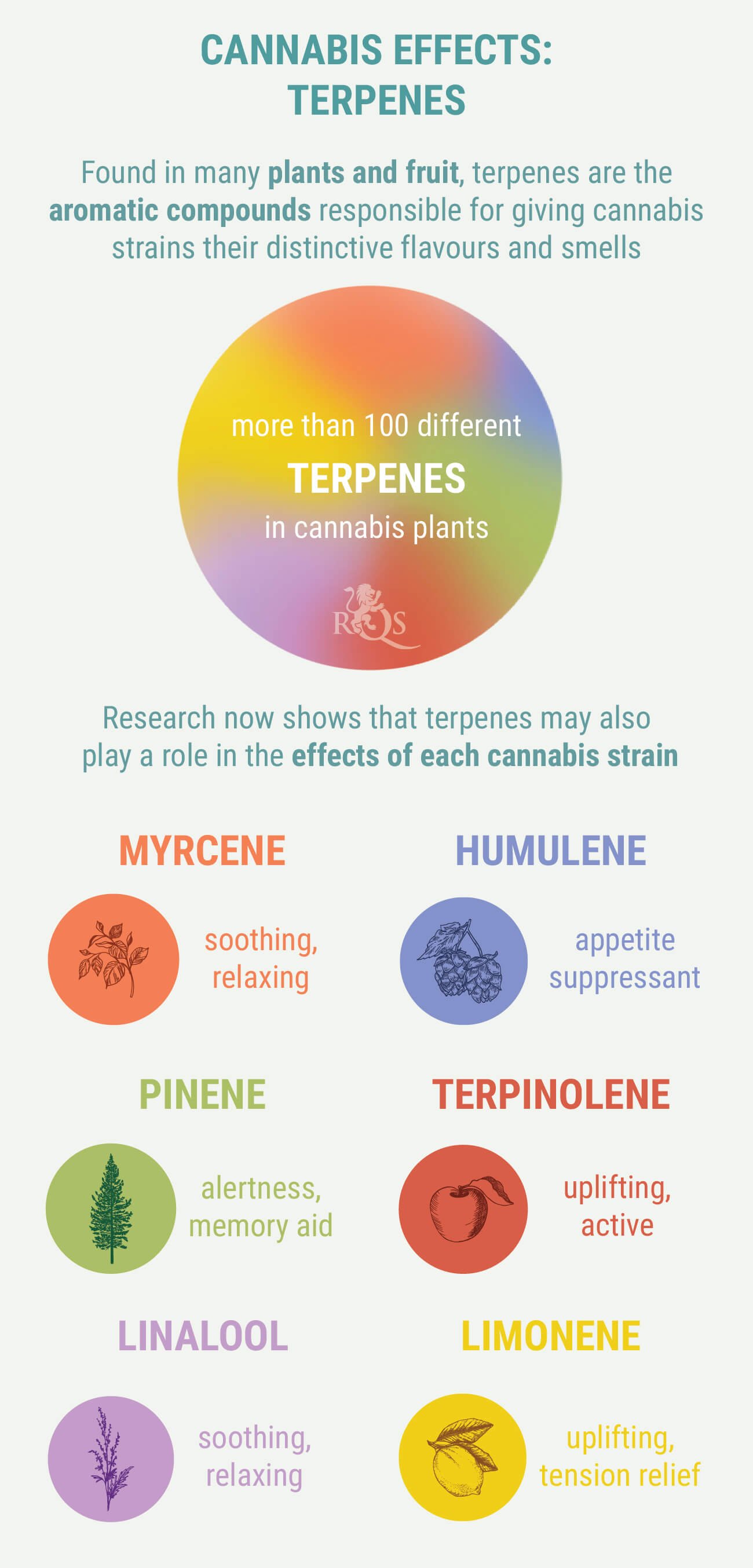
INDICA VS. SATIVA: MUCH MORE THAN MEETS THE EYE
In this article, we hope to have cleared up some of the myths surrounding the differences between indica and sativa. While there are clear morphological differences between pure indica and pure sativa strains, the rest of the distinctions are harder to pin down, and involve a lot more than just genetics. Still, the indica and sativa categories have allowed the cannabis community to develop a language by which to classify and differentiate this fascinating plant.
- The Cannabis sativa Versus Cannabis indica Debate: An Interview with Ethan Russo, MD https://www.liebertpub.com


























